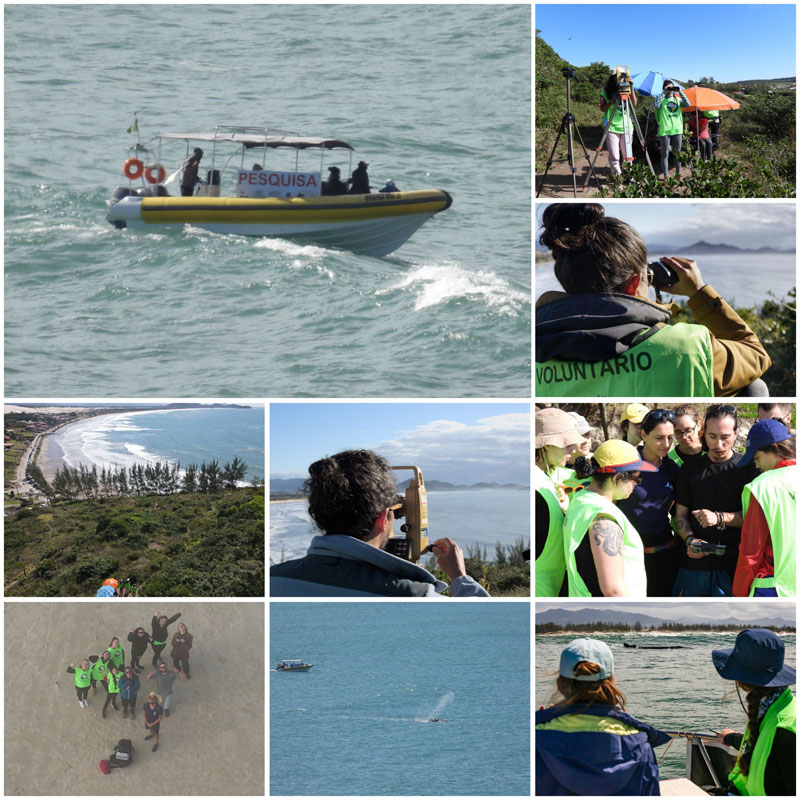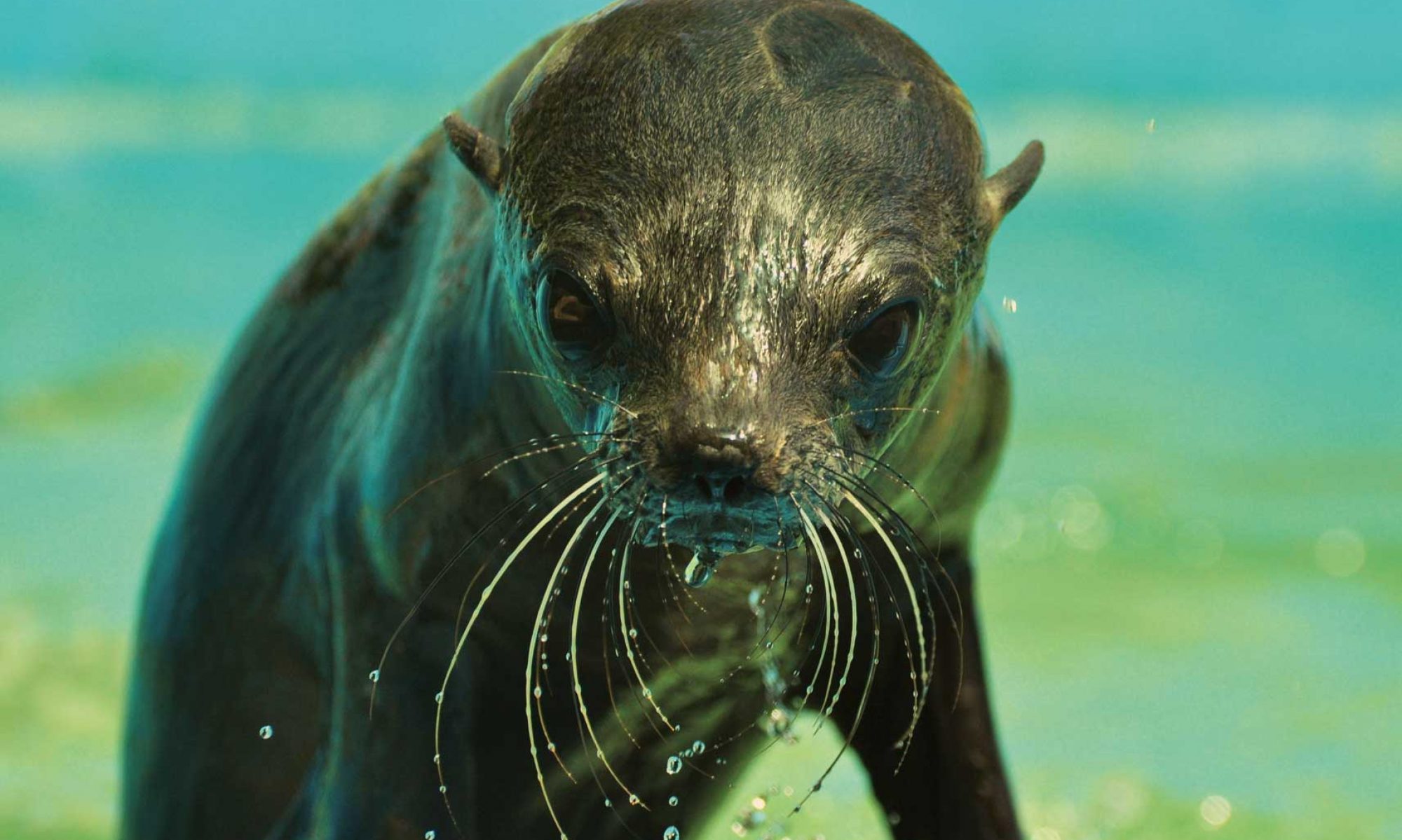
This study includes an assessment of the impact of whale watching on the behaviour of the southern right whale (Eubalaena australis) and provides compelling evidence that this activity requires careful monitoring and regulation. The investigations carried out within the framework of the APA da Baleia Franca/ICMBio Marine Protected Area and supported by YAQU PACHA e.V. have provided invaluable insights that underline the need for sustainable tourism practices.
While whale watching is a popular ecotourism activity, it has been shown to have a significant impact on whale behavior and welfare if not managed properly. Through careful observation and data collection, this study examined the effects of whale-watching boats on various aspects of whale behavior. Modern tracking technologies and behavioral analysis methods have been used to quantify the extent of human disruption to the natural behavior of these marine mammals.
The conclusive results of this assessment serve as an important basis for informed decisions regarding tourism management in the marine protected area APA da Baleia Franca/ICMBio. It is imperative that stakeholders use this knowledge to take targeted remedial actions aimed at minimizing disturbance to southern right whales while providing an enriching experience for tourists.
This research makes an important contribution to the overall goal of promoting sustainable coexistence between human activities and marine ecosystems. By recognizing the impact of whale watching and applying responsible management strategies, we can not only try to protect the whales, but also create new perspectives for the people who live in the area and need to coexist with wildlife. In this way, we can preserve both biodiversity and the future of human populations.
The results of this project will be incorporated into the master's thesis of Daiane Manholer dos Santos, which is currently being carried out at the State University of Maringá (UEM), Brazil. The project was supervised by Jonatas Prado and Arturo Andriolo.

